
- After decades of demand, the historic palace on Avenue Marceau 11 in Paris is finally in the hands of the PNV. For the jealous, beyond the monetary value, this building has an enormous symbolic value, since it connects them fully with the exile and the struggle against Franco.
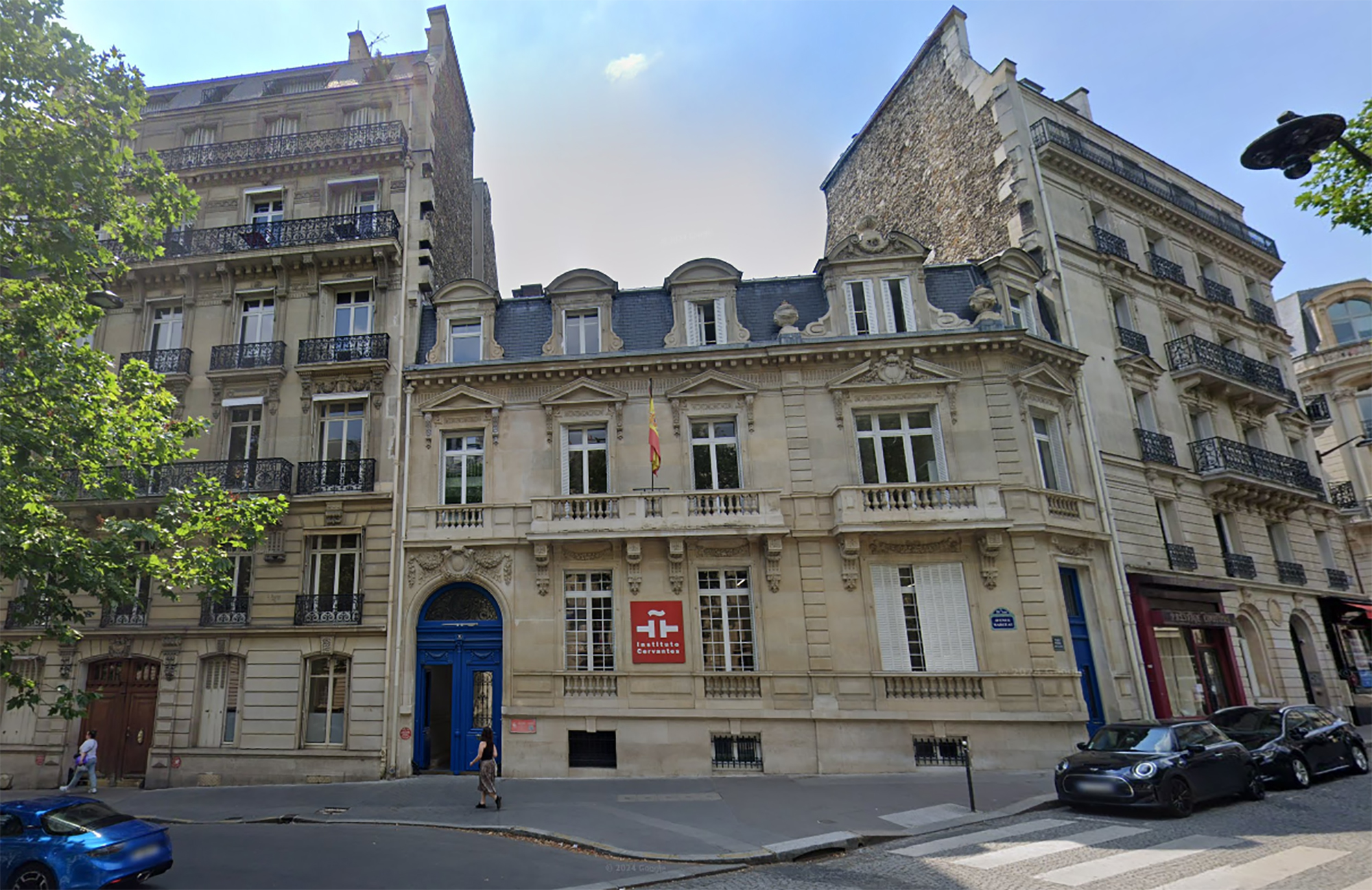
The historic palace at number 11 on Marceau Avenue in Paris is finally in the hands of the PNV. But there has been no lack of debate because, among other things, the Popular Party has used it as an excuse to oppose the omnibus decree that should have been voted in the Spanish Congress, saying that it is a “gift” from Pedro Sánchez to the jeltzales.
The Government of Spain considers that it has been proven by a report that the building was bought with money sent from Mexico by people around the PNV in 1937
The Spanish Government has shown that, through a report, the palace was purchased with money sent from Mexico by people close to the PNV in 1937, when the Euzkadi Government was still incomplete. For this reason, it has now been returned to its original owner, while the Instituto Cervantes will be rented there at least until 2030.
“The PNV has become a leveraging party for obtaining money,” says PP spokesman Miguel Tellado in the middle of the debate, disturbing Aitor Esteban and the other members of the PNV. In fact, for the jealous, beyond the monetary value, this building has an enormous symbolic value, since it connects them fully with the exile and the struggle against Franco.
With the money of the Basques of America
This elegant building, located on Avenue Marceau from Sena to Arc de Triomphe, was in the hands of the American Helène Brawn when it was rented in 1937 by the PNV deputy Rafael Pikaba. With four floors and built in the style of Haussmann – like many other Parisian palaces – it had the perfect location for the function they wanted to give it: To have offices of the Government of Euzkadi.
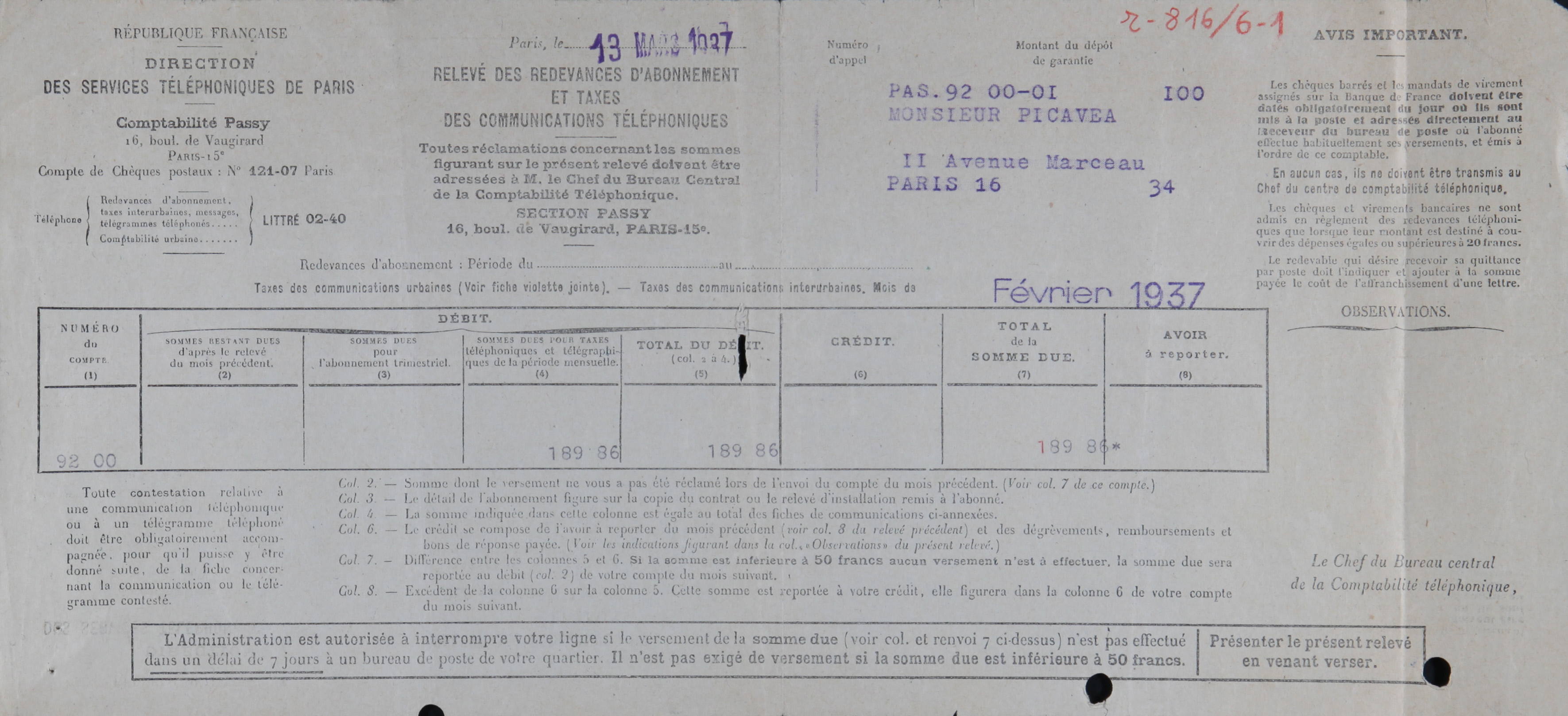
But José Antonio Agirre still had the government incomplete. Therefore, the purchase process was carried out in a different way. Eduardo Jauregi, historian and coordinator of the Archive of Basque Patriotism, explained in a report published a few years ago in the newspaper Deia that they turned to businessman Francisco Belaustegieta, who was in Mexico, and his family to get money. They sent $65,000 to everything from there, which they were able to link to the purchase, which paid £1,460,000.
The PNV had experience in avoiding repression against its members since the time of Primo de Rivera’s dictatorship and preferred to use a name lender.
But the building was placed in the name of another person, specifically the shipbuilder Marino Gamboa, who had U.S. nationality. The PNV had experience in avoiding repression against its members since the time of Primo de Rivera’s dictatorship and preferred to use a name lender.
Subsequently, the ownership of the building was placed in the name of the company Finances et Entreprises, as was done with many other assets of the Basque Government in the French State.
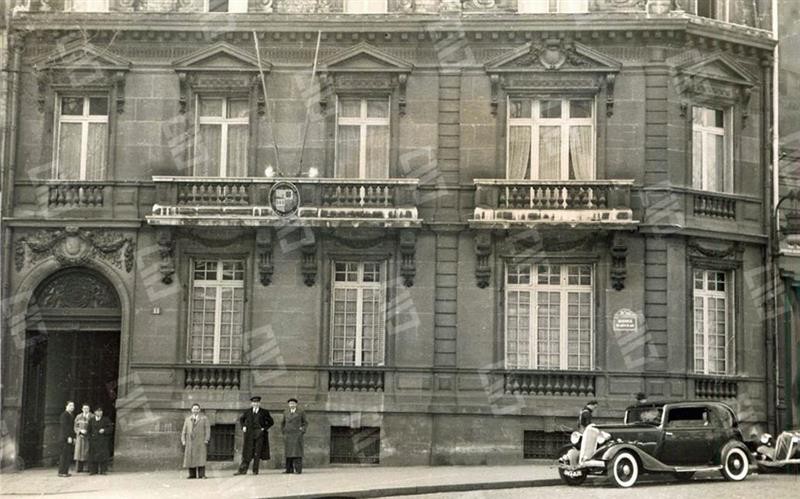
Confiscated by the Gestapo
When the Nazis took over Paris, the palace was confiscated by agents of the Gestapo and occupied by the Francoists. Among them was Pedro Urraca, a non-Franco police officer who had arrested the Catalan president, Lluís Companys, and handed him over to be shot.
The Spanish ambassador said that the money from the Spanish Treasury was used in the purchase, a resounding lie, because the money was sent by the Basques in exile, as we have seen
In 1943, an order from the Seine Court handed over all the properties of Finances et Entreprises to the Franco authorities. For this, the Spanish ambassador said that the money from the Spanish Treasury was used in the purchase, a complete lie, because the money was sent by the Basques in exile, as we have seen.
In those years, Avenue Marceau 11 was the headquarters of Hogar Español and Falange, and the headquarters was used as the center of the Commission for the Recovery of Goods Taken into Exile by the “Reds”. It was there that the valuable documentation confiscated from the resistance was collected, including operations against many clandestine groups such as the Araba Network through this information.
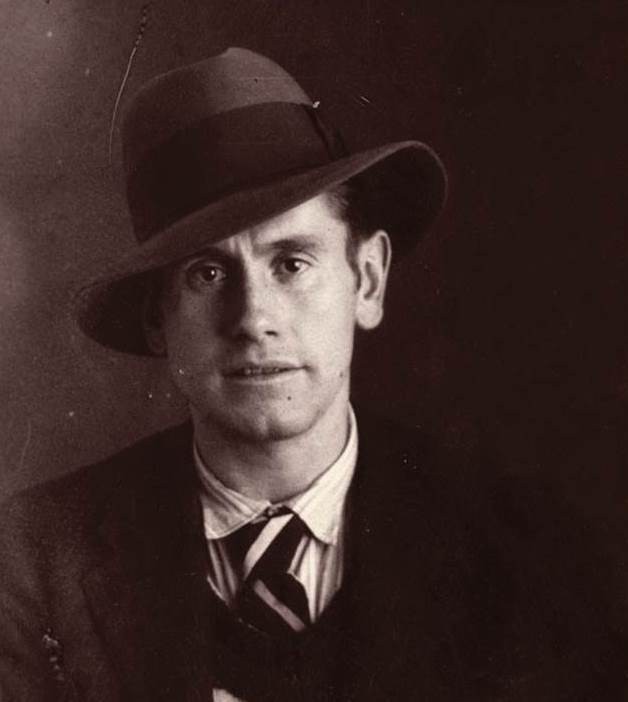
Reference to the Government of Exile
In 1944, after the liberation of Paris, a group of people of Basque origin took over the palace with the help of allied soldiers. In the years that followed, this residence became one of the main references of the Basque Government in exile.
Finances et Entrepreses never accepted the decision of the Seine Court of 1943: “The validity and basis of this sentence must be questioned,” he says in a document preserved in the Historical Archive of the Basque Country.He rented the building to the International League of Friends of the Basques, which in turn rented it to the government of Agirre in exile.
But the twists and turns around the property were not at all mourned: In 1951 the Sena court again confirmed that the palace belonged to the Spanish State, from which the Basque delegation was expelled.
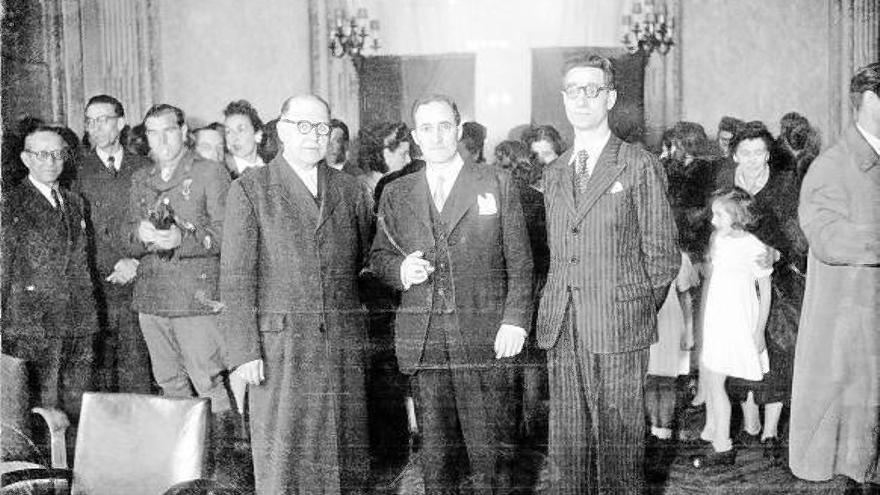
A Matter of “Feeling”
Since then, the PNV has waged a decades-long legal battle to get Avenue Marceau 11 back for them. This issue has often been raised in negotiations with the Spanish Government. Iñaki Anasagasti recently recalled that the return of the building was also agreed with the executives of José María Aznar and Mariano Rajoy in exchange for their votes, although in the end they could not comply.
Now, although the Omnibus decree has been rejected with the votes of the PP, Vox and Junts, there is no longer any turning back, since the documents to change the ownership of the building were signed a few weeks ago by the PNV and the Spanish government:“For us this is a matter of sentiment and also a matter of democratic justice,” says Esteban.